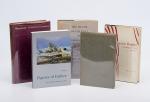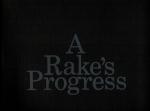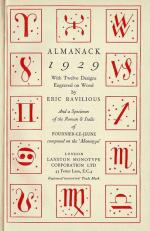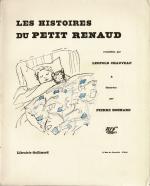Jerusalem Delivered; an Heroic Poem. [Large / Better Paper Edition of “Gerusalemme liberata”]. Translated from the Italian of Torquato Tasso, by John Hoole. [Including a biographical account “Life of Tasso”]
The Eighth Edition – With Notes. In Two Volumes. [Two Volumes bound in one]. London, T.Bensley, Bolt Court, Fleet Street, 1803. Quarto (22 cm x 28 cm). Frontispiece, XLVII, 339, [3], 335 pages plus 44 unnumbered pages of a thorough Index. Illustrated with thirteen (13) beautiful copper engravings (plus the Frontispiece). Hardcover / Stunning, modern half leather with new boards, preserving the original spine. With gilt lettering and ornament, bound to style of the 18th/19th century by an english masterbinder. Excellent condition. With some occasionall foxing. From the library of Richard Meade (Ballymartle), with his Exlibris / Bookplate to pastedown.
EUR 680,--




![[Tasso, Jerusalem Delivered; an Heroic Poem. [Large / Illustrated / Better Paper Edition].](/images/thumbnails/29355AB.jpg)
![[Molière] Petitot, Oeuvres de Molière (6 Volumes)](/images/thumbnails/31984AB.jpg)
![Jacobsen, The Human Climate [Inscribed].](/images/thumbnails/31987AB.jpg)



![James Fenimore Cooper, The Complete Works - Cambridge Scholars Edition [complete in 48 Volumes]](/images/thumbnails/31639AB.jpg)
![Charles Dickens - The Major Works - Unabridged Cambridge Scholars Classic Texts Edition [The Major Works of Charles Dickens in 29 Volumes].](/images/thumbnails/31640AB.jpg)







